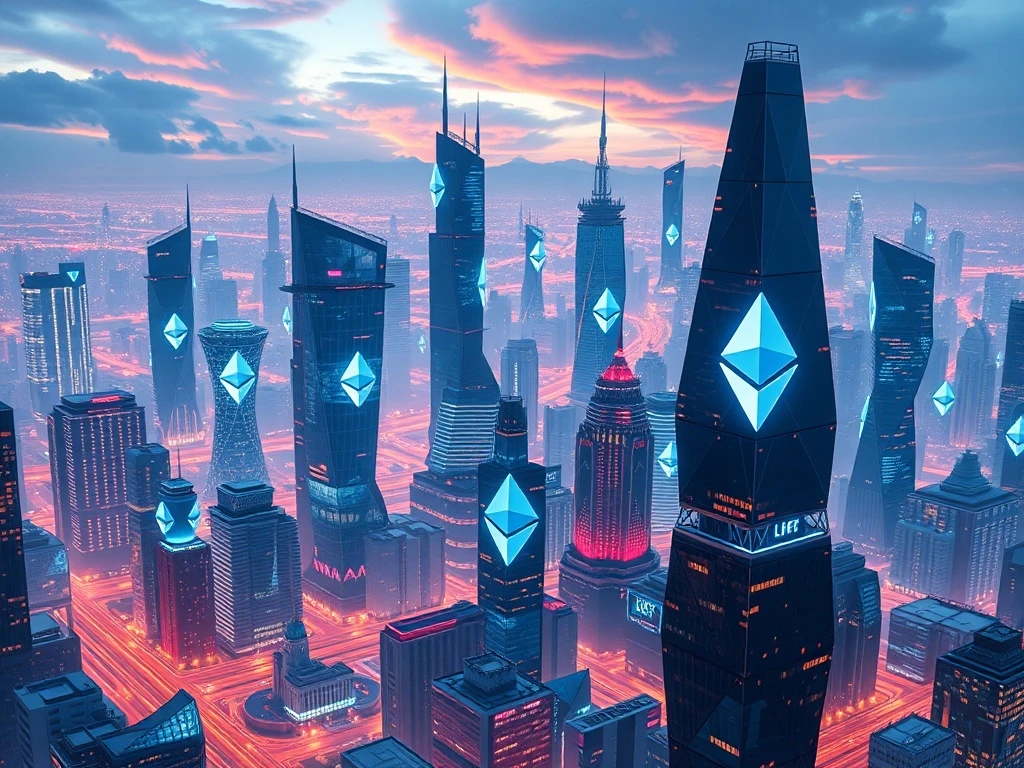Ethereum’s Bold Future: How ETH Will Dominate Global Digital Infrastructure by 2035

Ethereum is no longer just a cryptocurrency—it’s evolving into the backbone of the digital world. By 2035, experts predict Ethereum will power everything from finance to gaming, becoming essential global digital infrastructure. Here’s why ETH is set to dominate.
Why Ethereum Will Be Global Digital Infrastructure by 2035
Industry leaders agree: Ethereum is transitioning from experimentation to foundational technology. Sam McIngvale of OP Labs highlights how enterprises will build on Ethereum, while Marcin Kaźmierczak sees it expanding beyond DeFi into institutional finance. Key drivers include:
- Asset digitization, starting with stablecoins
- Enterprise adoption for scalable solutions
- Layer-2 innovations enhancing speed and privacy
Ethereum’s Role in the Future Economy
Mallesh Pai of Consensys calls Ethereum the “base layer of the global economy.” Companies like GameSquare are betting on ETH for:
- Global payments and digital identity
- Gaming economies and entertainment
- AI agents transacting autonomously
Technical Evolution: Vitalik’s Vision for ETH
Vitalik Buterin outlines five core improvements for Ethereum, focusing on:
- Enhanced scalability
- Faster transactions
- Stronger privacy features
- Developer accessibility
- Modular architecture
Ethereum Price Predictions: $50K or $2.5M by 2035?
Analysts vary wildly on ETH’s future value:
| Source | 2035 Prediction | Likelihood |
|---|---|---|
| Standard Analysis | $50K-$100K | Probable |
| CCN | $2.5M | Extremely unlikely |
FAQs: Ethereum’s Future as Global Infrastructure
Q: Will Ethereum remain the dominant smart contract platform?
A: Most experts believe so, though modular architectures may emerge.
Q: What industries will Ethereum disrupt most?
A: Finance, gaming, digital identity, and AI-agent economies.
Q: How will layer-2 solutions impact Ethereum?
A: They’ll enable mass adoption by solving scalability issues.
Q: Is Ethereum a good long-term investment?
A: As potential infrastructure, yes—but volatility remains.










